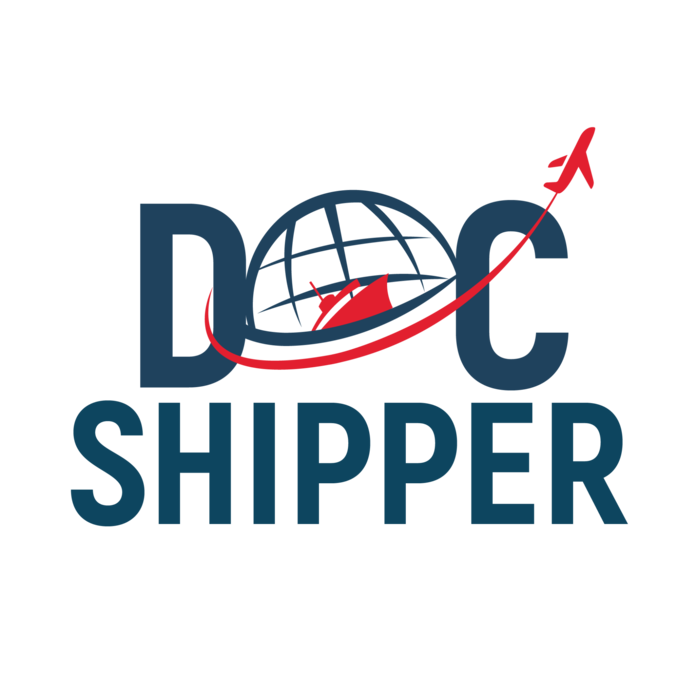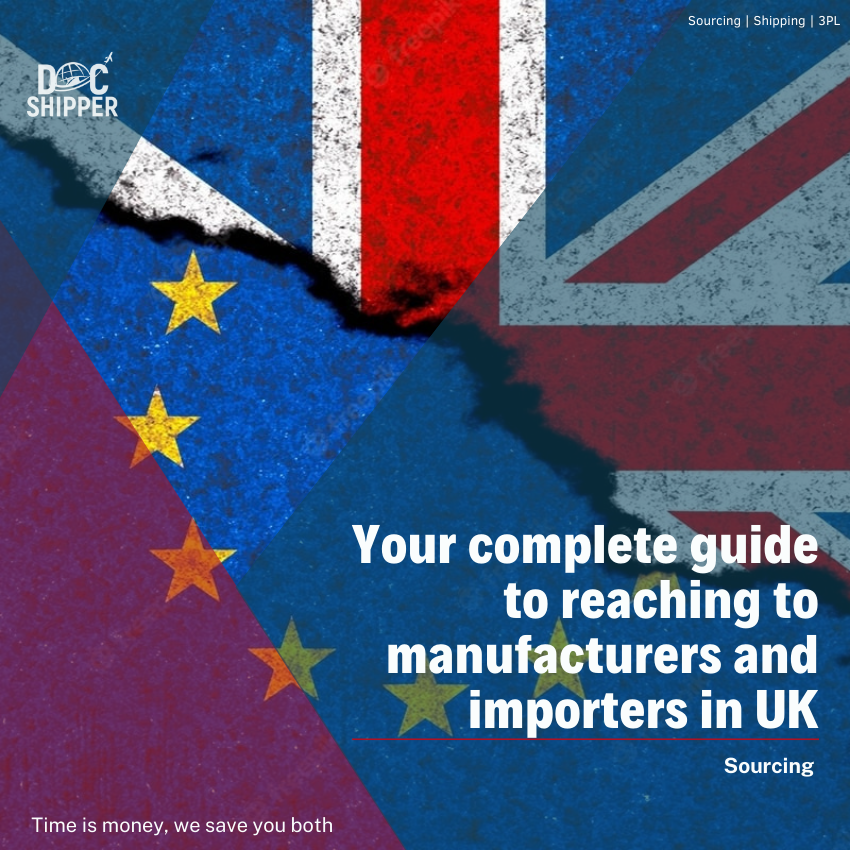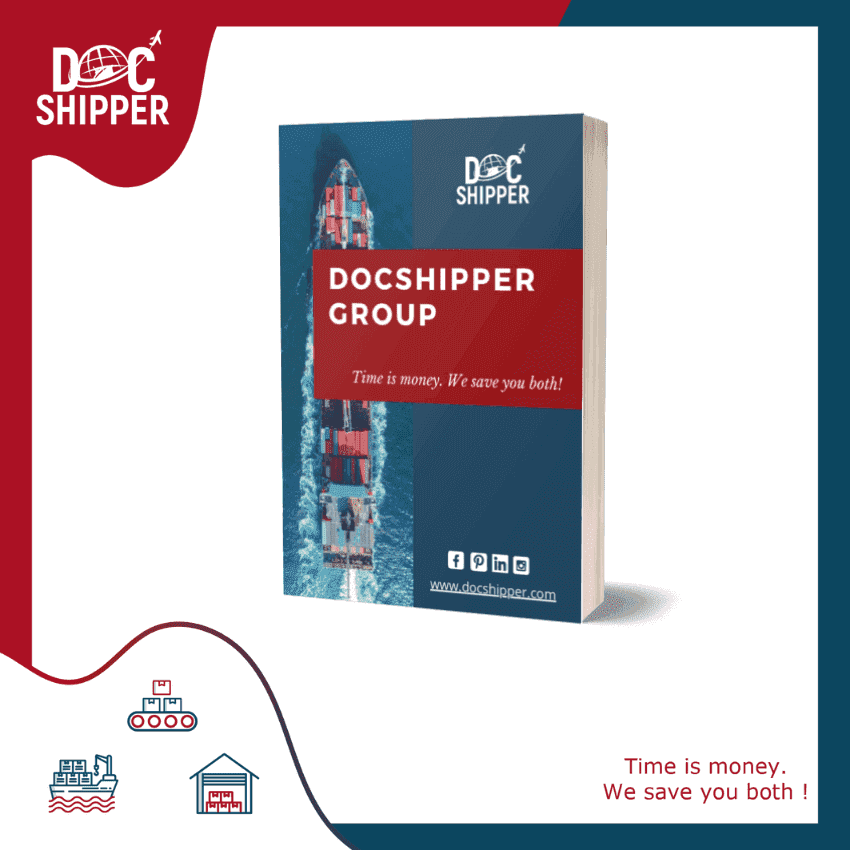ADR (Transport of Dangerous Goods by Road) has been consolidated in its most recent iteration by the arrested due 29 May 2009 (modified) involve a great deal of transfer of hazardous materials by land, also known as the "arrested TMD," which applies to transportation conducted on national territory.
This specific regulation for the transportation, loading and unloading of dangerous goods fits into a logical accident-prevention strategy, complementing, for example, the requirements of the labor code.
This article's goal is to present you with the ADR's general obligations:
Classifying and identifying cargo, encasing, etiquette, and marking cargo, establishing transportation documents, adhering to loading/unloading conditions, signaling and equipping the transport vehicle, training the driver and all other personnel involved, and designating a safety advisor; all while explaining how each of these points contributes to risk prevention.
To assist you in the daily management of hazardous materials handling in the context of your transportation-related activities.
To make it easier to use the ADR, simplify your understanding of its major points.
To help each participant better understand the risks, responsibilities, and challenges that arise in the transportation and logistics chain.





